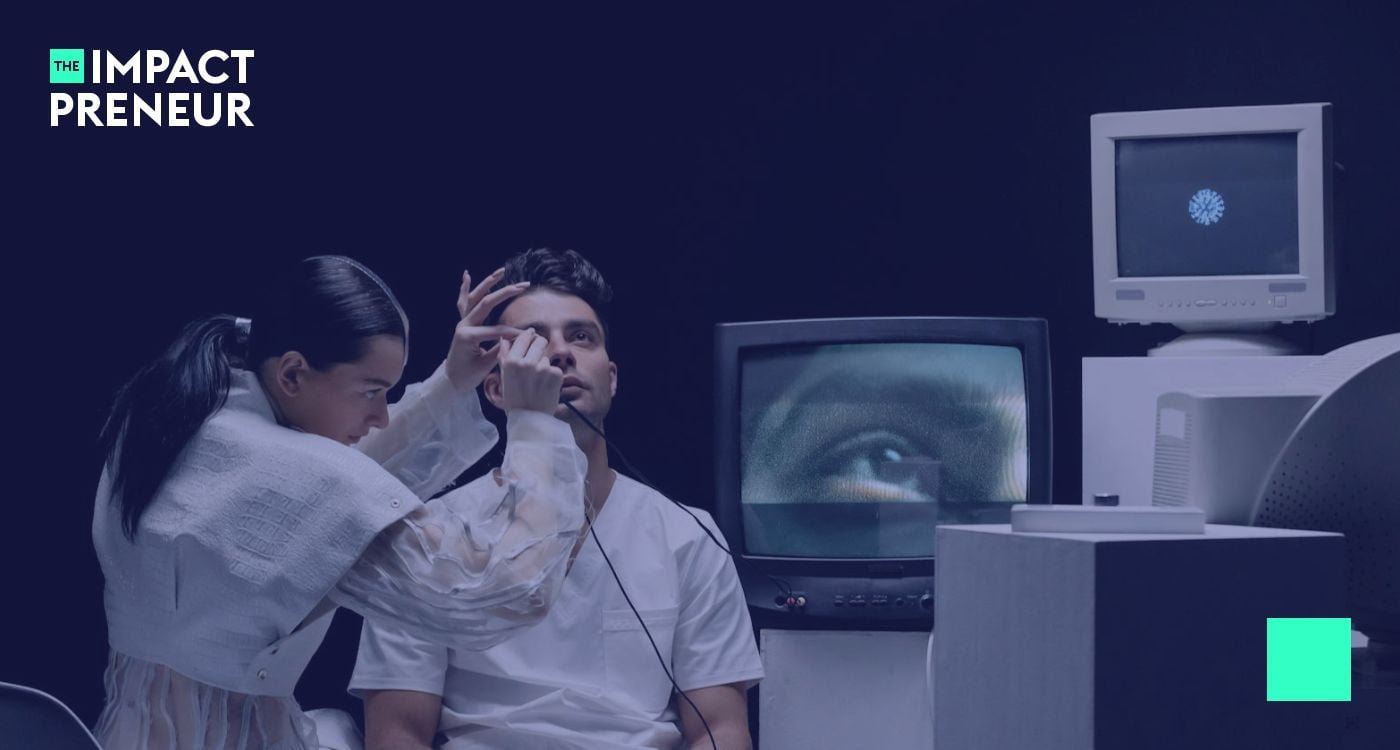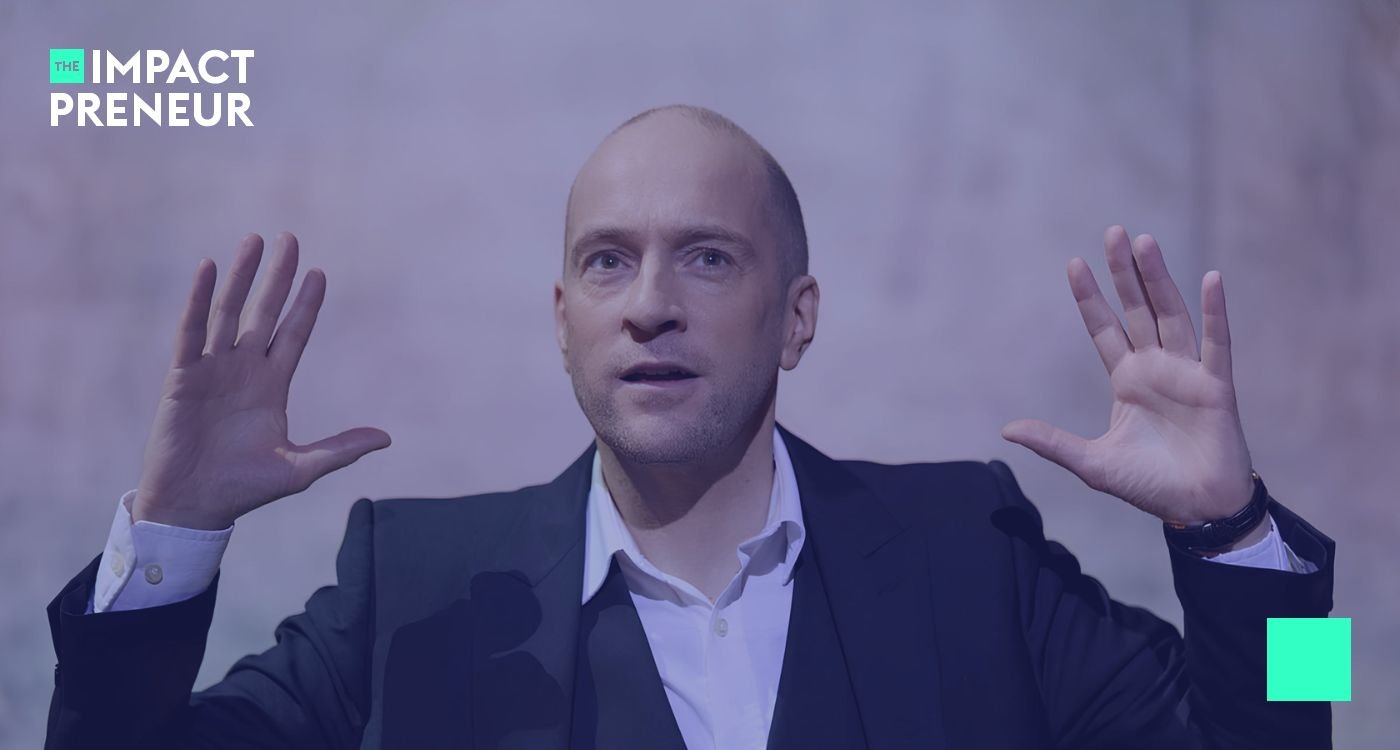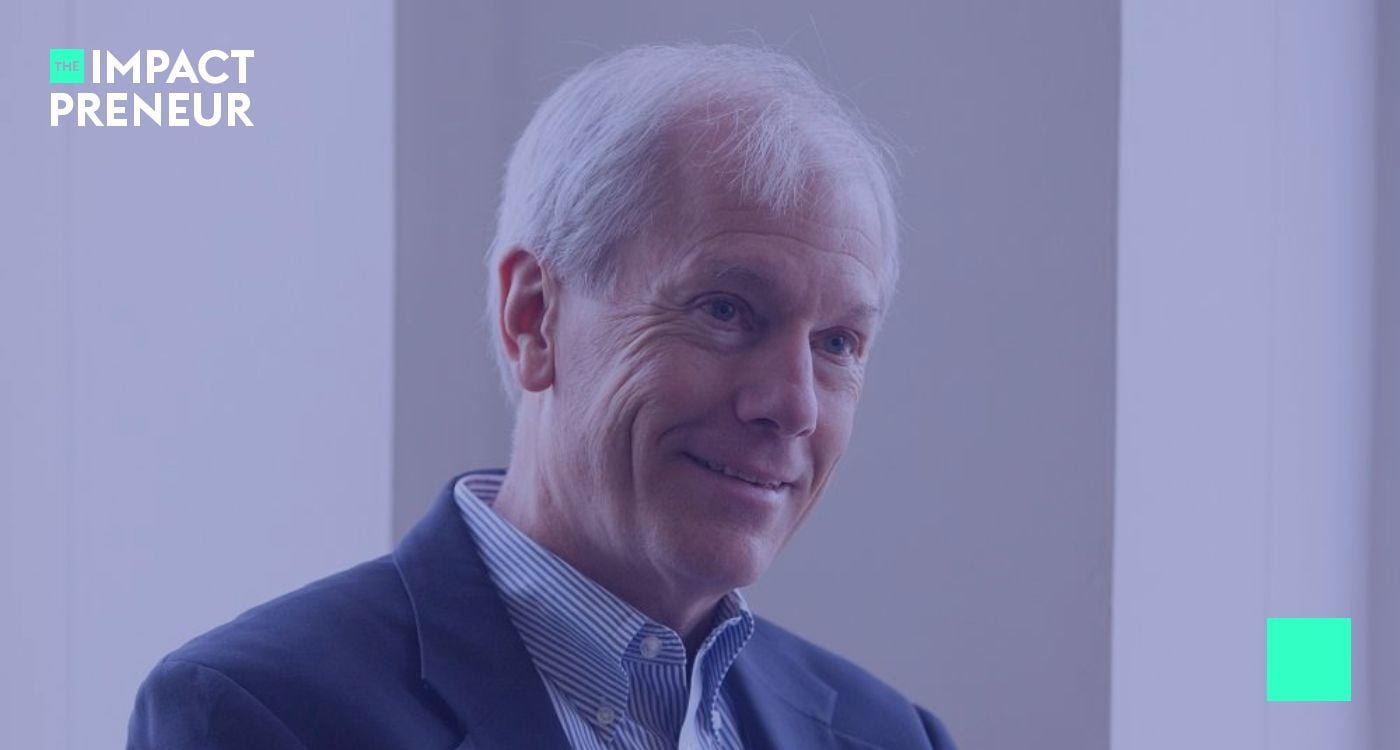Photo by Cottonbro Studio
Dive into a world where tech and healthcare collide spectacularly. It's not the distant future; it's happening right here, right now. And guess what? It's as thrilling as discovering the secret ingredient in your grandma's legendary pie. AI's stepping into healthcare, not on tiptoes but with a confident stride, ready to change the game. But here's the twist: it's not just about the cold, hard tech. It's about warming hearts, saving lives, and making real connections.
Quick Bites:
- AI's shaking up healthcare, big time.
- Think of multimodal AI as a super sleuth in the world of medicine.
- AI's not just about tech; it's spotting diseases from X-rays to eye scans.
- At its core, healthcare's all about the human touch. AI's cool, but it doesn't hug.
The AI Revolution in Healthcare
Ever thought of AI as your friendly neighborhood doctor? Well, start imagining. We've moved beyond AI being a fancy buzzword. It's here, and it's got a stethoscope. But why all the fuss? Let's break it down, shall we?
Picture this: a doctor, but with the superpower to sift through data like a hot knife through butter. That's multimodal AI for you. It's not just playing detective; it's cracking the code on health mysteries that have puzzled us for ages. But here's the kicker: while doctors drown in data, spending endless hours collecting info, AI swoops in, cape and all, to save the day. It's about making sense of the chaos, turning a jumbled mess of numbers and images into a clear picture. And let's be real, who wouldn't want a superhero in their corner?
The beauty of AI in healthcare is its knack for cutting through the noise. It's not about replacing the warm touch of a human hand; it's about giving doctors the tools to be more… well, human. With AI handling the data drudgery, physicians can focus on what they do best: caring, healing, and connecting.
And get this: the journey from data to diagnosis isn't just faster; it's smarter. AI's not about shortcuts; it's about highways of efficiency, paved with the gold of innovation. This is the game-changer we've been waiting for, turning the tide in healthcare and setting the stage for a future where technology and compassion walk hand in hand.
Groundbreaking AI Applications: More Than Meets the Eye
Let's zero in on the magic of AI, where it's not just about crunching numbers but unveiling futures. Imagine an X-ray that talks back or an eye scan that whispers secrets about your health. Sounds like something out of a sci-fi novel, right? But it's real, and it's spectacular.
Take ChestLink, for example. This isn't just another piece of software; it's a revolution in a box. With the ability to sift through chest X-rays, it tells us what's normal and what's not, saving precious time and potentially lives. And the best part? It's autonomous, working its magic without needing a break, a snack, or even a pat on the back.
Then there's the story of the eyes – the windows to the soul and, apparently, to the future of your health. AI models are now predicting diseases like Parkinson's by simply peeking into your retinal images. It's not just impressive; it's a game-changer, offering a glimpse into a future where early detection isn't just possible; it's the norm.
But wait, there's more. Ever heard of MedPAM? This AI isn't just passing medical exams; it's acing them. We're talking about a tool so sharp, it's cutting through medical mysteries with the precision of a scalpel. This is where AI transforms from a helpful tool to a full-blown partner in healthcare, pushing boundaries and opening doors we didn't even know were there.
These examples are just the tip of the iceberg. With AI, we're not just watching history unfold; we're writing it, one breakthrough at a time. It's a testament to human ingenuity and a beacon of hope for a healthier world.
Where Heart Meets AI: The Human Touch
Now, let's get one thing straight: technology is cool, but it's got nothing on the human touch. Healthcare's heartbeat isn't digital; it's deeply, profoundly human. And that's where the true beauty of AI-enhanced healthcare shines. It's not in the algorithms or the data crunching; it's in the moments of connection, of empathy, of care.
Imagine a world where doctors have the time – truly have the time – to listen, to comfort, to be present. That's the world AI promises. It's not about machines taking over; it's about machines giving back, giving doctors the freedom to be more present, more attentive, more human.
The power of a reassuring touch, a kind word, or a compassionate glance – these are things no AI can replicate. And frankly, we wouldn't want it to. The future of healthcare is bright, not because of technology alone but because of how technology enables us to be our best human selves.
In the end, it's about balance. Weaving the precision of AI with the warmth of human care creates a tapestry of healthcare that's not only efficient but soulful. This is the healthcare of tomorrow – a place where tech and heart coexist, each making the other stronger.
Embracing the Future: A Call to Action
As we stand on the threshold of this new era, it's clear that the future of healthcare is not just in the hands of machines but in the collaboration between technology and humanity. Here's how we make the leap:
- Keep Learning: The world of AI is vast and ever-evolving. Stay curious, stay informed, and stay amazed.
- Push for Ethics: As AI becomes a staple in healthcare, let's ensure it's used wisely, ethically, and compassionately. Technology should serve humanity, not the other way around.
- Open Your Mind: Change can be daunting, but it's also exciting. Embrace the possibilities AI brings, knowing it's a tool, not a replacement.
- Champion the Human Element: Never forget the power of empathy, compassion, and connection. AI can be a partner, but the heart of healthcare beats within us.
- Prepare for Change: The future is coming, ready or not. Let's prepare, adapt, and welcome the new era of healthcare with open arms and open hearts.
The journey into AI-enhanced healthcare is not just a leap into the unknown; it's a step towards a future where care is more personalized, more efficient, and more compassionate. It's a future we can all look forward to, with optimism and excitement. So, here's to the brave new world of healthcare – may it be as human as it is high-tech.
Questions on the Topic
Q: What's the big deal with AI in medicine these days?
A: Oh, where to start? AI in medicine isn't just a big deal; it's a colossal game-changer. Imagine having a super-intelligent buddy who can sift through mountains of data – from blood pressure readings to complex X-rays – in the blink of an eye. That's AI for you. It's not just about crunching numbers; it's about revolutionizing how we diagnose, treat, and even predict medical conditions. And guess what? This isn't sci-fi. It's happening right now, transforming healthcare into a more efficient, personalized, and accessible service for everyone.
Q: Can AI really understand different types of medical data?
A: Absolutely, and it's mind-blowing how adept it has become. Enter multimodal AI, the cool kid on the block. Unlike its predecessors that could only handle one type of data, multimodal AI juggles text, images, numbers – you name it. Imagine a doctor who listens, observes, and analyzes all at once. That's multimodal AI for you, mimicking human intelligence but at an astonishing speed and scale. It's like having a medical Sherlock Holmes with a digital Watson by its side, solving health mysteries with unprecedented precision.
Q: Is AI going to replace doctors?
A: Think of AI as the Robin to a doctor's Batman. While AI can process and analyze data at superhuman speeds, it lacks the warmth, empathy, and critical human touch that doctors bring to the table. It's about partnership, not replacement. AI can take on the heavy lifting of data analysis, allowing doctors more quality time with their patients. It's a win-win, amplifying the care process without sidelining the human element that lies at the very heart of medicine.
Q: How reliable is AI in diagnosing diseases?
A: Get this – AI's accuracy is nothing short of impressive. For instance, AI systems have been trained to spot abnormalities in chest X-rays or diagnose eye diseases with precision that rivals, and sometimes surpasses, human experts. But here's the kicker: some AI models can even predict conditions like Parkinson's disease years before symptoms appear. However, and this is a big however, AI's insights are most powerful when combined with a healthcare professional's expertise. It's about enhancing, not eclipsing, the medical judgment.
Q: What's the public's take on AI in healthcare?
A: Well, it's a mixed bag. On one hand, there's excitement about AI's potential to transform healthcare. On the other hand, there's anxiety about over-reliance on technology and the risks it might pose. Trust, explainability, and evidence-based validation through randomized clinical trials are key to bridging this gap. It's all about showing that AI can be a trustworthy and invaluable ally in healthcare, one that's rigorously tested and transparent in its workings.
Q: What does the future hold for AI in medicine?
A: Imagine a world where every corner of the globe has access to top-notch medical advice, where doctors have more time to spend with their patients, and where healthcare is not just reactive, but predictive and personalized. That's the future we're looking at with AI in medicine. It's not just about technological advancements; it's about a paradigm shift towards more compassionate, accessible, and efficient healthcare for all. And with humans and AI working hand in hand, the possibilities are limitless.




